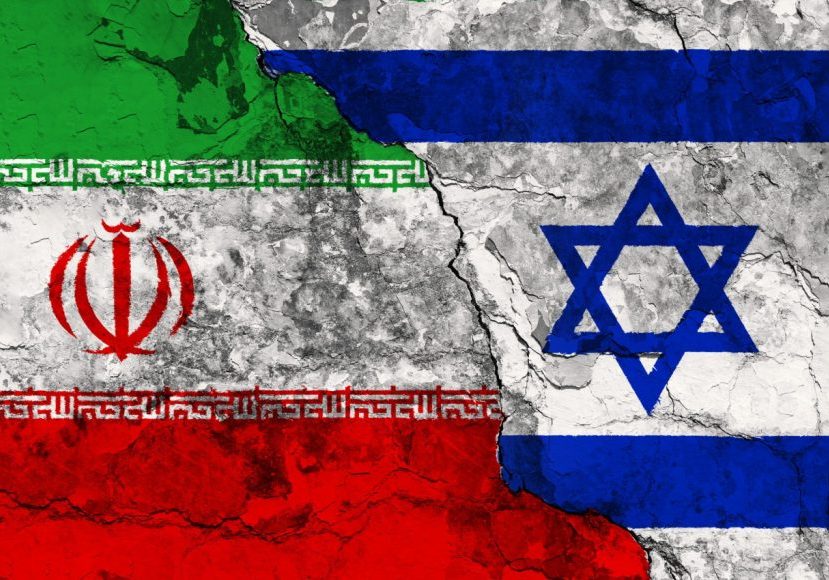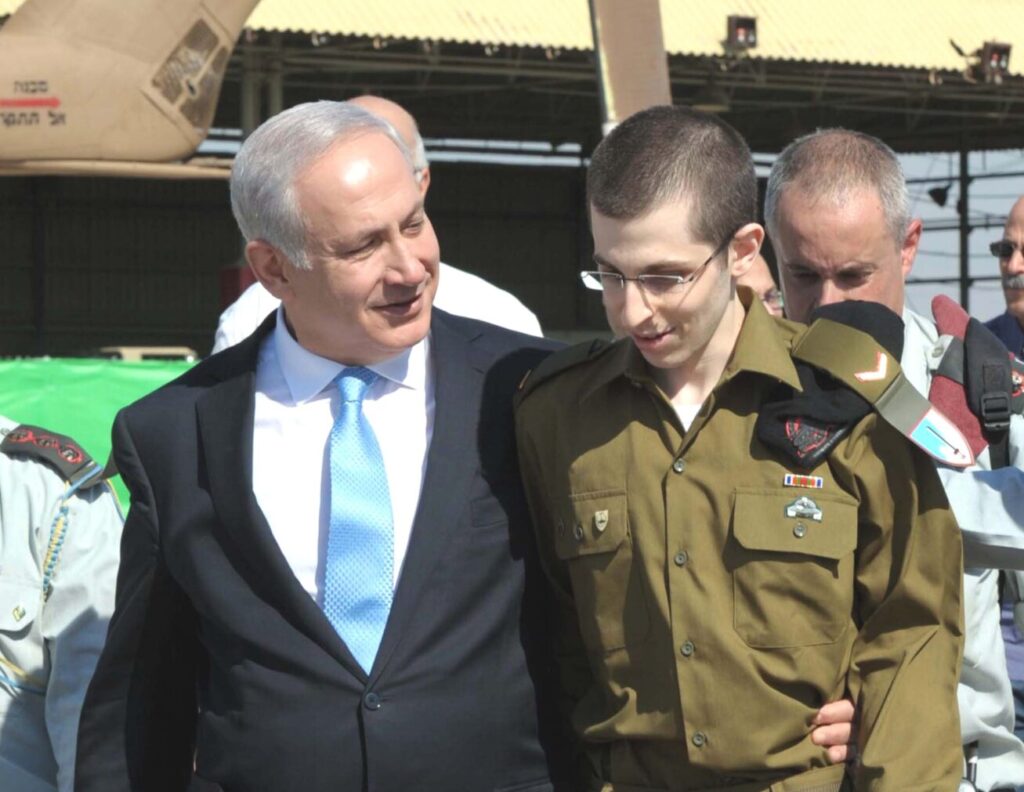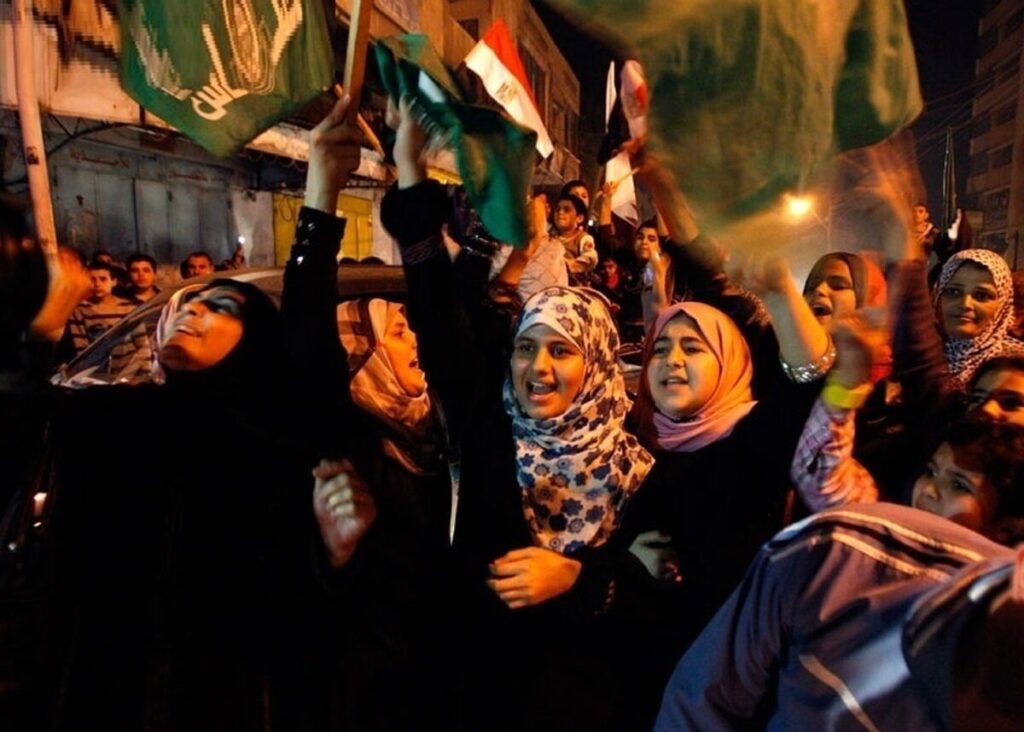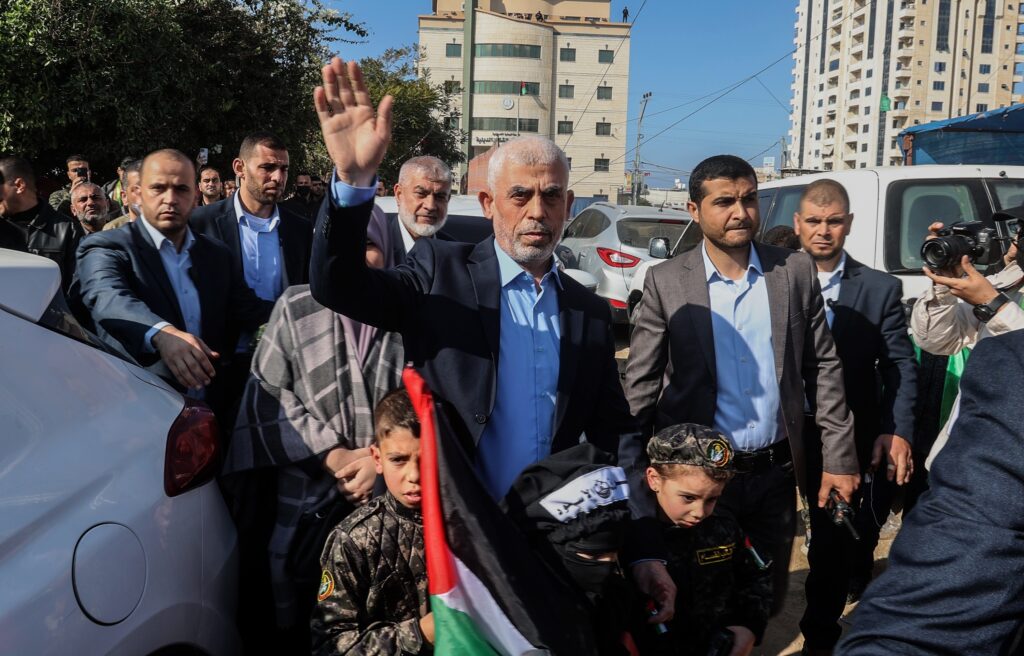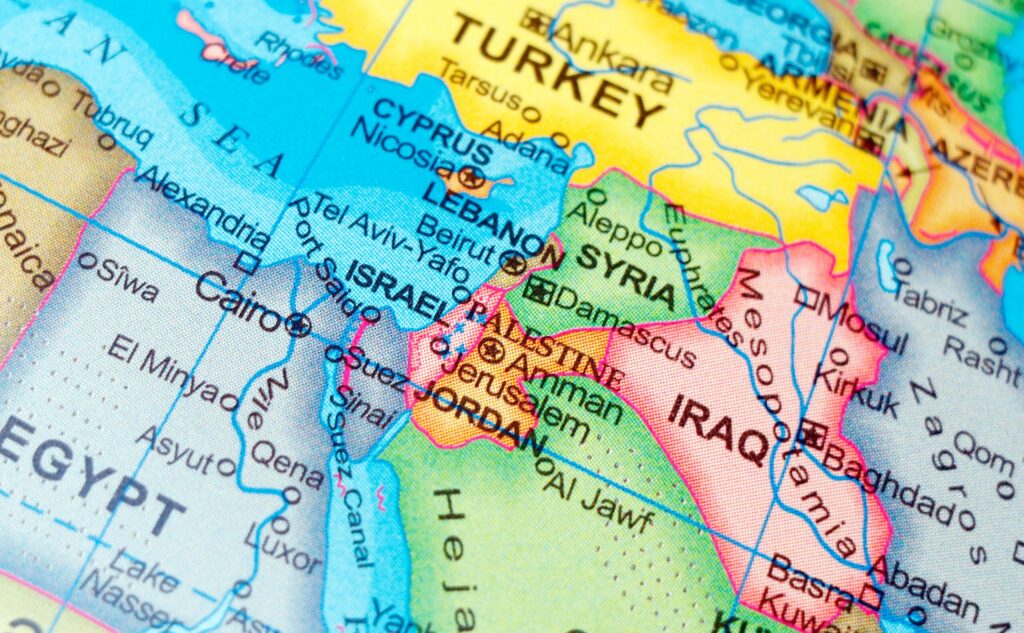IN THE MEDIA
Preventing a nuclear-armed Iran is the issue
Jul 24, 2008 | Colin Rubenstein
AIJAC’s executive director responds to Bruce Wolpe’s column last week arguing against a pre-emptive strike on Iran’s nuclear facilities.
Colin Rubenstein
Australian Jewish News – July 24, 2008
IN the nuclear crisis with Iran, the focus of the international community must be to prevent Iran from becoming a nuclear weapons state, full stop. It is cavalier and dangerous to assume) as those like Bruce Wolpe argue (“American Angle”; AJN 18/07), that we can “manage” the threats from a nuclear armed Iran by strategies such as deterrence.
The best chance to accomplish this goal while avoiding the use of military force – which the US, Israel and others have repeatedly emphasised would and should be a last resort – is by pre¬senting a “carrots and sticks” approach of incentives and disincentives, but one that strengthens the “sticks” currently being employed.
Despite the popular narrative of US militarism, the approach since 2003 has emphasised the carrots. Last month, the US, UK, France, Germany, Russia and China yet again offered an exceedingly generous package of economic, political and security incentives to Iran – essentially everything Iran could reasonably ask for, including assistance for a civilian nuclear program – in exchange for Iran merely suspending uranium enrichment.
Importantly, the US fully backed the offer (as it did earlier overtures) and the third highest-ranking official from the State Department also joined the negotiations with Iran last weekend. Yet Iran continued to stonewall, refusing to discuss the enrichment issue, but signalling enough ambiguity to stave off further sanctions. Although the UN Security Council has passed three legally binding resolutions imposing economic sanctions on Iran for violating its obligations under the Nuclear Non-Proliferation Treaty, the sanctions were watered down to avoid Russian and Chinese vetoes and enforcement has not been uniform.
Tightening these sanctions is the best hope for halting Iran’s nuclear program. Demonstrating sanctions can work, Iran recently announced it was withdrawing its financial assets from European banks to avoid the sanctions.
Iran is highly dependent on exports of its oil and natural gas, as well as on imports of refined petroleum, making it vulnerable to targeted sanctions.
For sanctions to work, it is crucial that the threat of military force remains “on the table” and credible. Otherwise, the Iranian regime will not believe there are painful consequences for continuing down its current path.
Ironically, those insisting that force should not be an option might well be hastening its necessity by contributing to Iran’s sense of invincibility.
Iran is incontrovertibly seeking a nuclear weapons capability. Iran has spurned offers of assistance with the civilian energy program it claims to want. The International Atomic Energy Agency has discovered evidence of research that is relevant only to nuclear weapons work and blueprints for a nuclear weapon design. Iran has also continued work on the ballistic missiles capable of delivering nuclear weapons – as its recent missile tests demonstrated.
Most obviously (and ominously), Iran brazenly continues full steam ahead with its uranium enrichment program – the most difficult phase in developing nuclear weapons. Indeed, the conclusion of last December’s US National Intelligence Estimate (NIE) that Iran had “halted” its nuclear program in 2003 was possible only by inexplicably excluding such enrichment from its definition of “weapons program’: That glaring omission is why the two most senior US intelligence officials essentially disavowed that much-heralded conclusion of the NIE.
Given its past behaviour and revolutionary ideology, it’s not at all clear that a nuclear-armed Iran would make the rational calculations necessary for deterrence to be effective. The founder of the Iranian revolution, Ayatollah Ruhollah Khomeini, was willing to see Iran destroyed if it meant Islam succeeded; former president Akbar Hashemi Rafsanjani once hinted that an Islamic country with nuclear weapons should use them against Israel, since doing so would destroy the Jewish State while Israel’s response could only damage the Muslim world. And Iran’s current president embraces a religious view that welcomes the apocalypse. Given the stated predilections of Iran’s leadership, it is understandable that Israel – the primary target of Iran’s dire threats to wipe it off the map – might not be willing to rely on Cold War-style deterrence.
Even if Iran could be deterred from using nuclear weapons, the fact of a nuclear-armed Iran will itself have profoundly deleterious consequences.
Already, without nuclear weapons, Iran destabilises the region in pursuit of its hegemonic ambitions. It is the world’s largest state-sponsor of terrorism; it trains, arms and funds Shi’ite extremist militias that are killing US soldiers in Iraq and obstructing efforts to stabilise that country; it undermines Lebanese sovereignty by funding and arming Hezbollah; and it uses Hezbollah and Hamas to attack Israel.
Backed by nuclear weapons, Iran will be emboldened to act more provocatively on all these fronts, calculating that no country will risk a nuclear war to oppose it. Iran will lengthen the leash on its proxies to attack Israel; it will redouble efforts to dominate Iraq and its other neighbours; its support for international terrorism will increase; and the price of oil could still spike whenever Iran threatens to close off the Straits of Hormuz.
Finally, an Iranian nuclear weapon would start a cascading effect in the region. Several countries – including Saudi Arabia, Egypt and Turkey – have already expressed interest in nuclear programs of their own – which could be clandestinely converted to military programs – to hedge against the threat of a nuclear-armed Iran. Five or more nuclear weapons states in an already unstable region is not a welcome prospect.
The serious risks of a military strike against Iran is nuclear facilities are undeniable, and all other options should be exhausted before force is used.
But these risks must be weighed against the grave threats that a nuclear-armed Iran would present.
Dr. Colin Rubenstein is the executive director of the Australia/Israel & Jewish Affairs Council.
Tags: Iran

